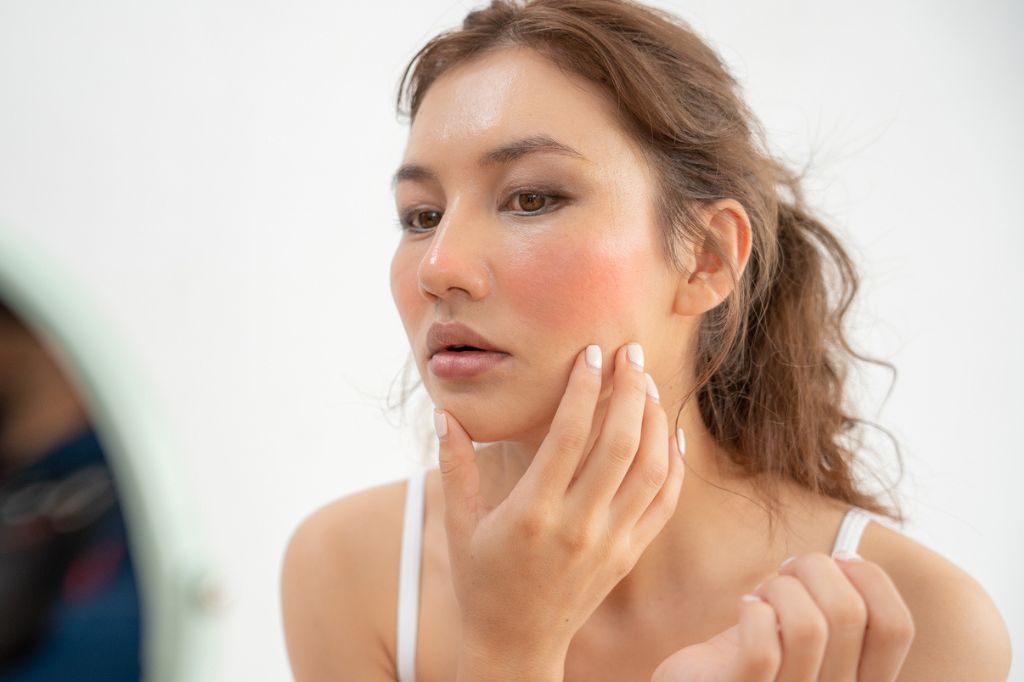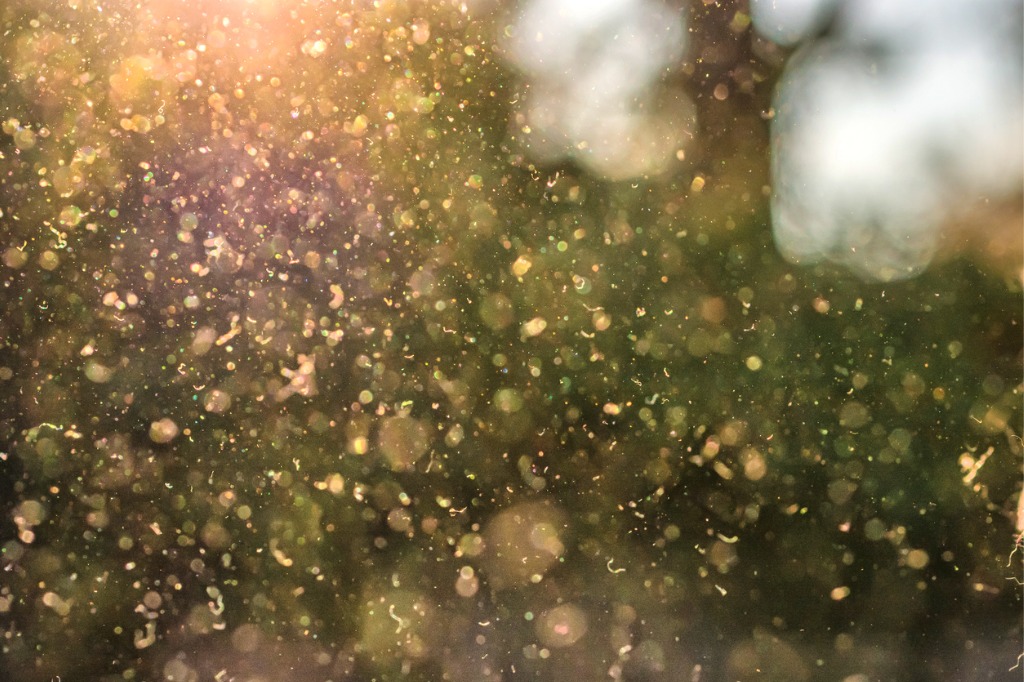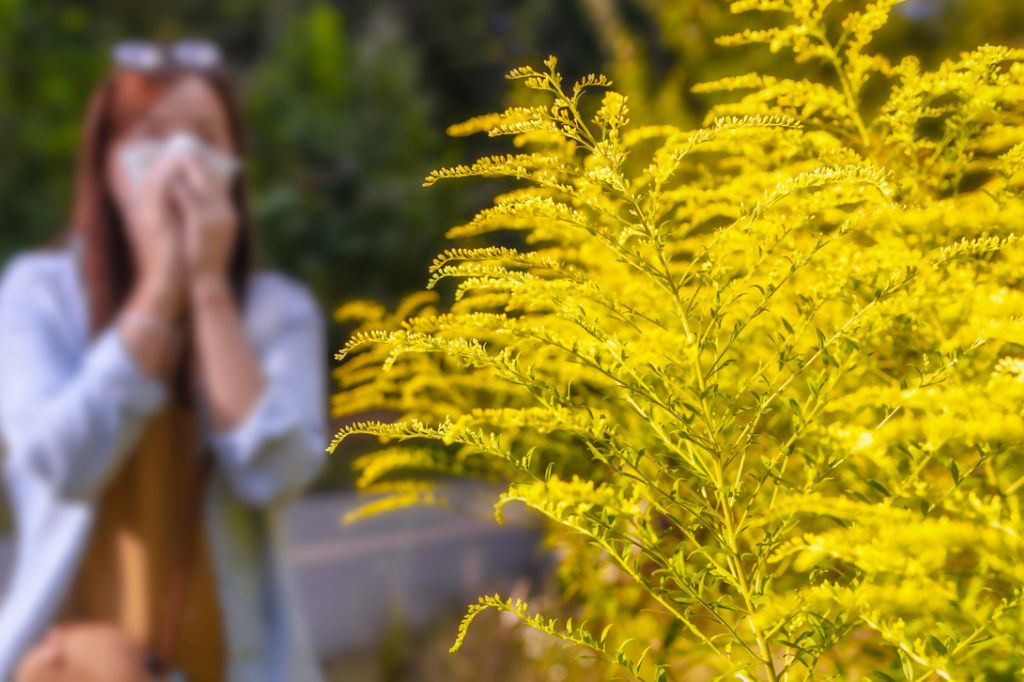
What Can Cause an Allergic Reaction on the Face?
When an unexpected rash, redness, or swelling appears on your face, it’s natural to feel concerned. Allergic reactions on the face can be caused by a variety of factors, and understanding these can help you manage your symptoms or prevent future occurrences. Here’s a closer look at some common culprits behind facial allergies and tips on how to deal with them.
Common Causes of Facial Allergies
Cosmetic Products
One of the most frequent causes of allergic reactions on the face is skincare and cosmetic products. Ingredients such as fragrances, preservatives, and certain chemicals can trigger allergic reactions. Products like moisturizers, makeup, and even hair care items that come into contact with the face can lead to a condition known as contact dermatitis.
Pollen
For those who suffer from hay fever (allergic rhinitis), pollen can also affect the skin, not just the respiratory system. When pollen particles come into contact with your skin, they can trigger irritations, especially during high pollen seasons.
Food Allergies
Certain food allergies can manifest symptoms on the face, such as swelling around the lips, cheeks, and eyes. Common foods that might cause such reactions include nuts, dairy, and shellfish.
Environmental Factors
Environmental allergens like pet dander, dust mites, and mold can also lead to facial allergic reactions. These allergens can stick to your hair and clothes, eventually coming into contact with your facial skin.
Sun Exposure
Some individuals may experience a sun allergy, known as solar urticaria, which can cause a rash on sun-exposed areas of the face.
How to Manage and Treat Facial Allergies
Identify and Avoid Triggers
The first step in managing facial allergies is identifying and avoiding your triggers. Pay close attention to when the reactions occur to help pinpoint potential causes. For example, if you notice a reaction after using a new facial cream, the product might be the culprit.
Patch Testing
If you suspect that skincare or cosmetic products are causing reactions, consider undergoing patch testing with a dermatologist. This can help identify specific ingredients that you are allergic to.
Gentle Skincare Routine
Use hypoallergenic products that are free from fragrances and harsh chemicals. Be sure to wash your face regularly to remove any allergens that may have settled on your skin.
Medication
Over-the-counter antihistamines can help reduce symptoms of mild allergic reactions. For more severe reactions, consult with a healthcare provider who may prescribe stronger treatments such as corticosteroid creams.
Professional Advice
If you frequently experience allergic reactions on your face and struggle to manage them, it’s a good idea to consult with an allergy specialist. They can provide personalized advice and treatment plans tailored to your specific needs.
When to Seek Immediate Help
If you experience severe symptoms such as difficulty breathing, swelling of the eyes and lips that affects your ability to see or breathe, or if the reaction rapidly worsens, seek immediate medical attention.
Allergic reactions on the face can be distressing, but by understanding the common causes and knowing how to respond, you can keep your skin clear and react swiftly when issues arise. For personalized advice and treatment, contact Northeast Allergy. Our team is dedicated to helping you manage your allergies effectively, ensuring you can lead a comfortable, symptom-free life.



